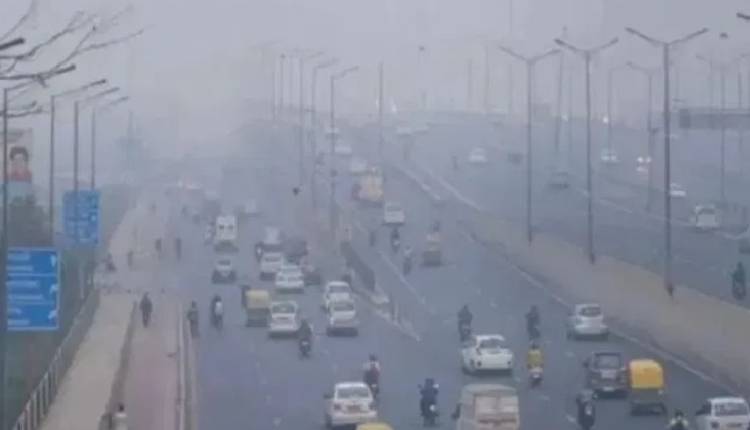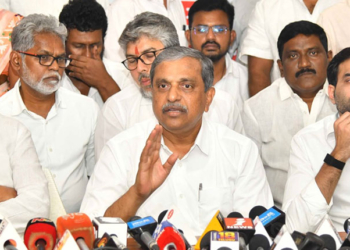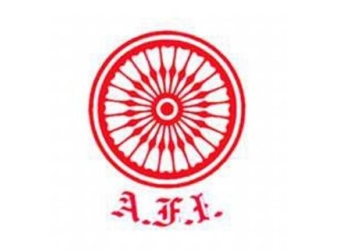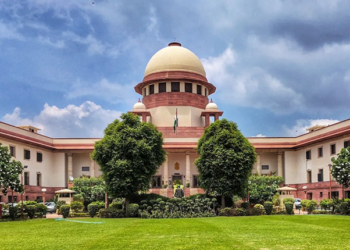New Delhi: In the wake of deteriorating air quality in Delhi on Monday night, the Commission for Air Quality (CAQM) was forced to reimpose GRAP 4 restrictions in the entire Delhi-NCR, with immediate effect.
Delhi’s average air quality index (AQI) rose to 399 at 9 p.m. on Monday and breached the 400 mark at 10 p.m.
The air quality plummeted to ‘Severe+’ category and hence, the decision to reintroduce Stage IV of Graded Response Action Plan (GRAP) was taken in an emergency meeting.
Issuing a statement, CAQM said, “In pursuance of the Supreme Court’s directives, the Sub-Committee hereby invokes the Stage-IV of the Schedule under the GRAP, as comprehensively revised and issued on December 13, 2024, with immediate effect. The actions under Stage-IV shall be over and above the actions under Stages III, II and I, already in force.”
The order cited the Supreme Court order, where the apex court had said that if the Commission finds AQI breaching 350 mark, Stage-III measures should be implemented and if the AQI crosses 400 then Stage-IV measures must be reintroduced.
Earlier GRAP-III restrictions were reimposed in the entire NCR as AQI breached the 350-mark amid “highly unfavourable meteorological conditions” and “other factors for dispersion of the pollutants”.
“The Air Quality parameters, however, further worsened owing to a drastic reduction in the mixing layer height and continued absolute calm-wind conditions over Delhi. The SubCommittee on GRAP was accordingly maintaining a close watch on the air quality scenario in Delhi,” the order said.
“The Sub-Committee noted that the AQI level almost touched the 400 mark i.e. was 399 at 9 p.m. and was recorded as 401 at 10 p.m., breaching the 400 mark,” it added.
The CAQM, responsible for protecting and improving the air quality in NCR and adjoining areas, introduced a revised plan to combat winter pollution on December 13.
In November, Delhi and its surrounding areas witnessed toxic air with its quality consistently being in the ‘severe’ and ‘very poor’ categories. It led to annual health warnings from medical professionals.
In recent weeks, a bench of the Supreme Court, led by Justice Abhay S. Oka and Justice Augustine George Masih, carried out multiple hearings on the air quality crisis that Delhi-NCR encounters.
Ineffective bans on polluting vehicles and stubble burning issues have been taken up during these hearings.
The GRAP is a set of emergency measures implemented in Delhi-NCR to combat air pollution based on the severity of air quality.
Delhi continues to grapple with air pollution, as air quality indices remain in the ‘very poor’ category, posing significant health risks to residents.
The air quality is not expected to improve soon.
(IANS)
















